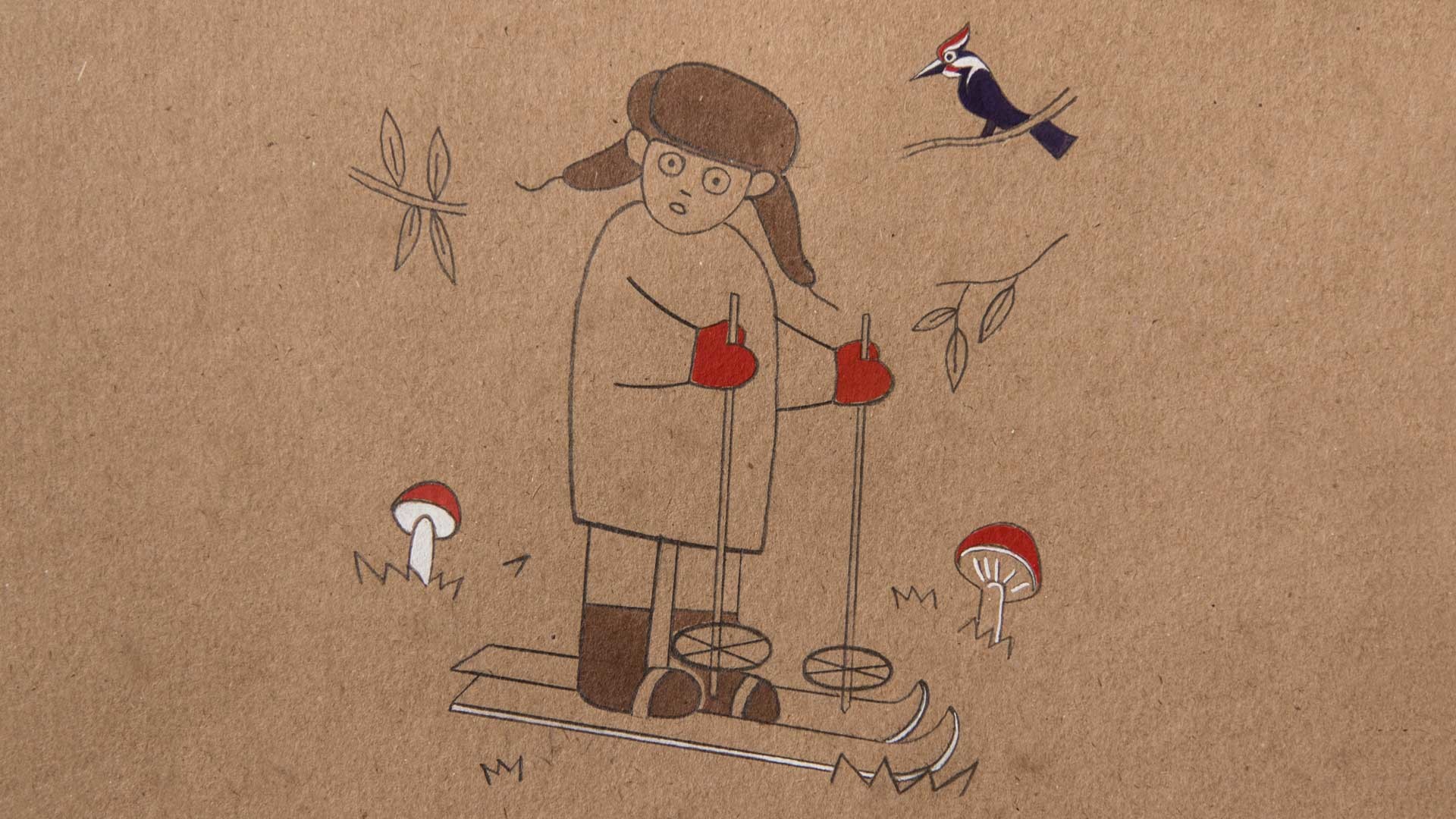
Поспешишь - людей насмешишь (Pospeshish – lyudei nasmeshish)
English equivalents: "Hasty climbers have sudden falls," or "Only fools rush in."
Russians love traveling at high speeds, but they don’t like to be in a hurry. And for sure they don't like to be mocked, despite the fact they frequently laugh at themselves.

Семь раз отмерь, один раз отрежь (Syem raz otmer', odin raz otrezh)
English equivalents: "Second thoughts are best," or "Look before you leap."
This proverb recommends carefully preparing before doing
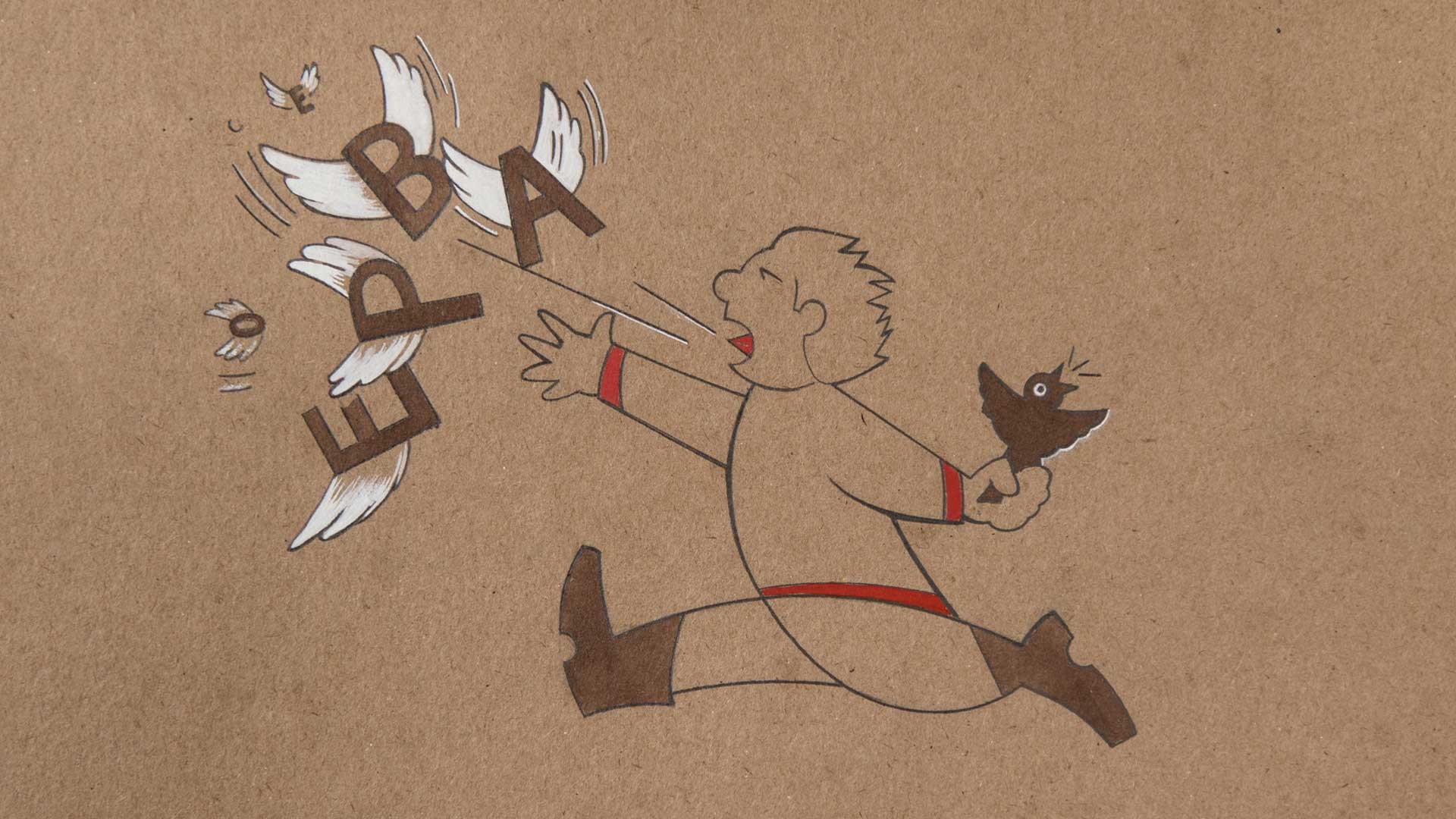
Слово - не воробей, вылетит - не поймаешь (Slovo – ne vorobey, vyletit – ne poimayesh)
English equivalent: “A word spoken is past recalling,” or “What is said can’t be unsaid.”
Russians usually shorten this idiom to: "A word is not a sparrow."
This idiom was especially relevant in Stalinist times when a wrong word at the wrong time and place could have fatal consequences - for example, if the neighbors heard you telling a joke about Stalin, then you could be arrested. Not surprisingly, most Russians who lived during that era learned to be quiet.
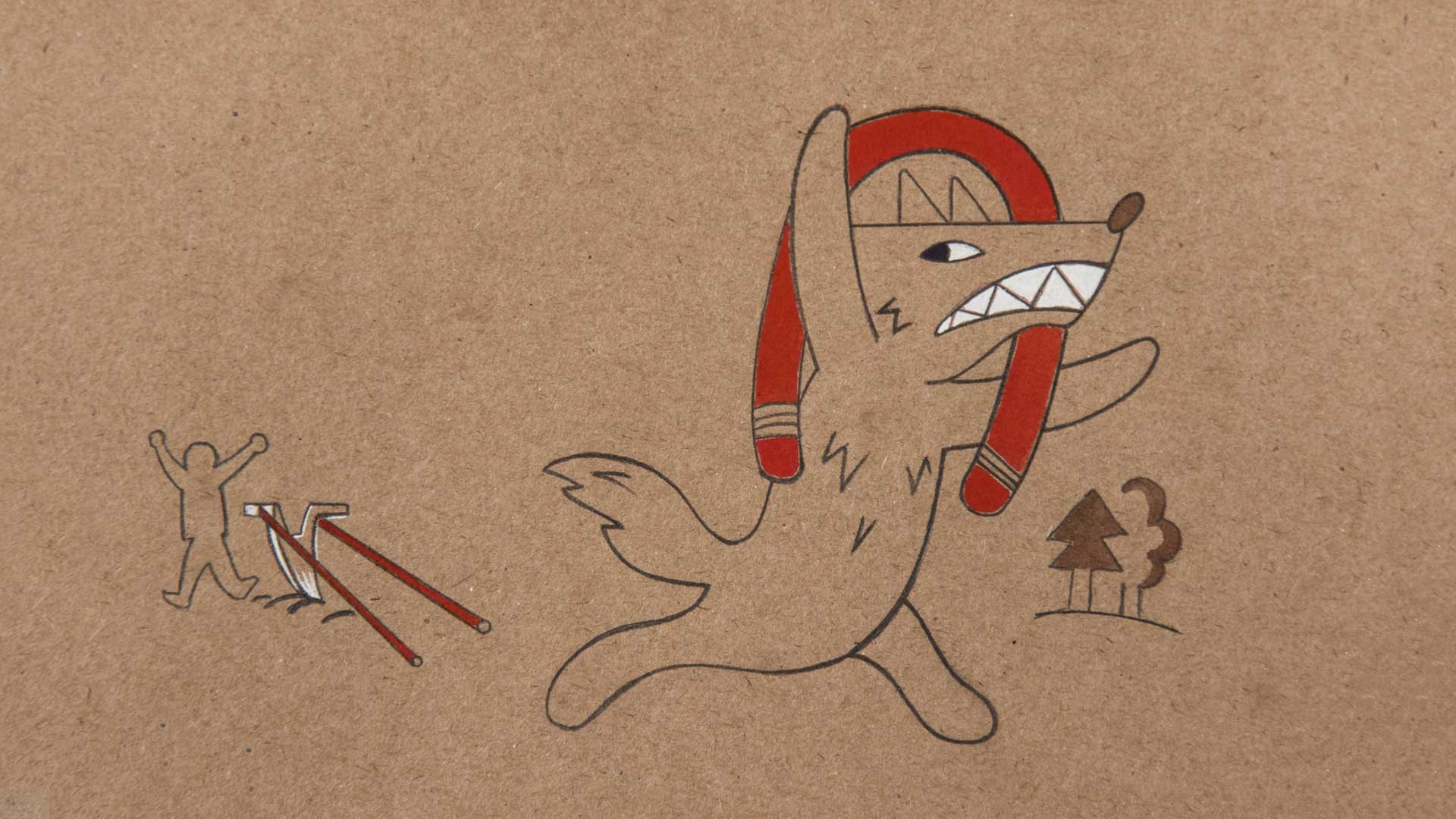
Работа – не волк, в лес не убежит. (Rabota – ne volk, v les ne ubezhit)
English equivalent: “All work and no play makes Jack a dull boy.”
This proverb reflects the ancient Russian folk image of a man lying about and enjoying his favorite pastime - doing nothing. This idiom was immortalized in the Soviet movie, Operation Y and Shurik's Other Adventures, where a man sentenced to construction work for a minor offense is too lazy to do any work, and says the legendary phrase, “work is not a wolf.” Take it easy – you can return to your work any time.
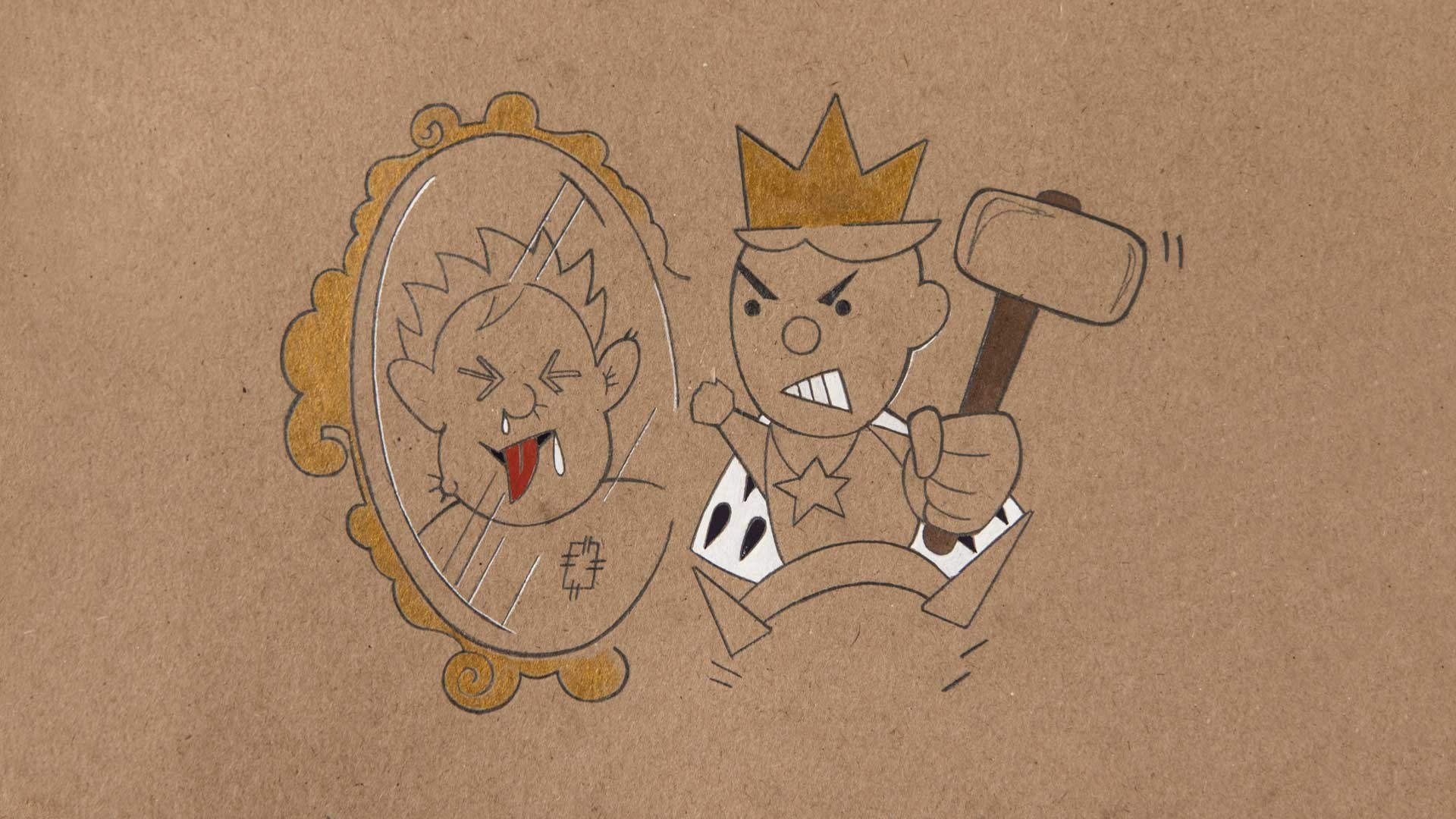
Нечего нa зеркало пенять, коль рожа крива (Nechego na zerkalo penyat, kol’ rozha kriva)
English equivalent: “A bad workman blames his tools.”
This means that a person shouldn’t blame others for their failures and mistakes.
The great
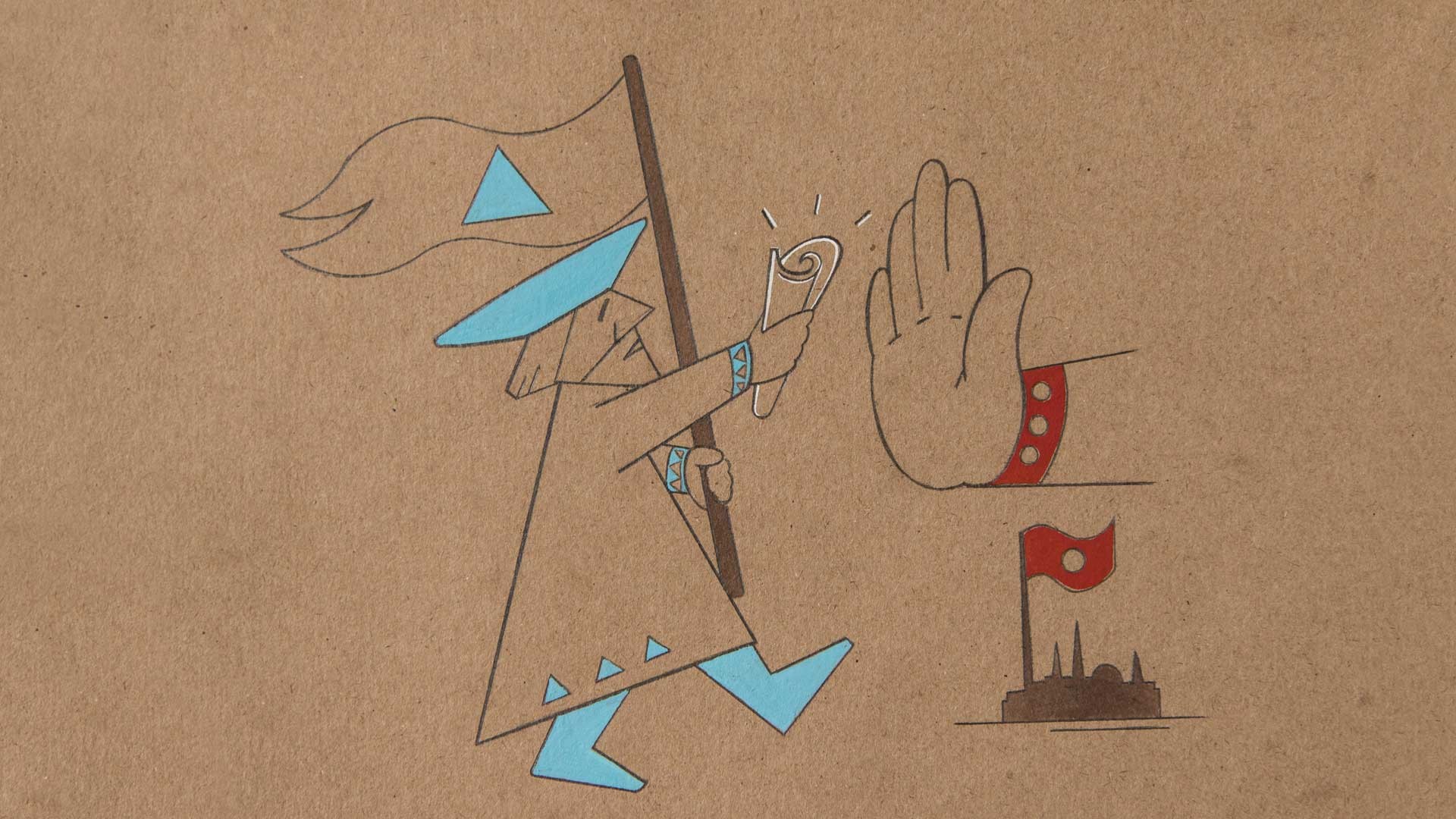
В чужой монастырь со своим уставом не ходят (V chuzhoi monastyr so svoium ustavom ne khodyat).
English equivalent: “When in Rome, do as the Romans do.”
In Russian Orthodoxy, when you become a monk you need to give up everything from your previous
Some people also use this phrase when rebuking immigrants who refuse to assimilate, meaning that they come to Russia and expect that Russians should abide by their traditions and customs.
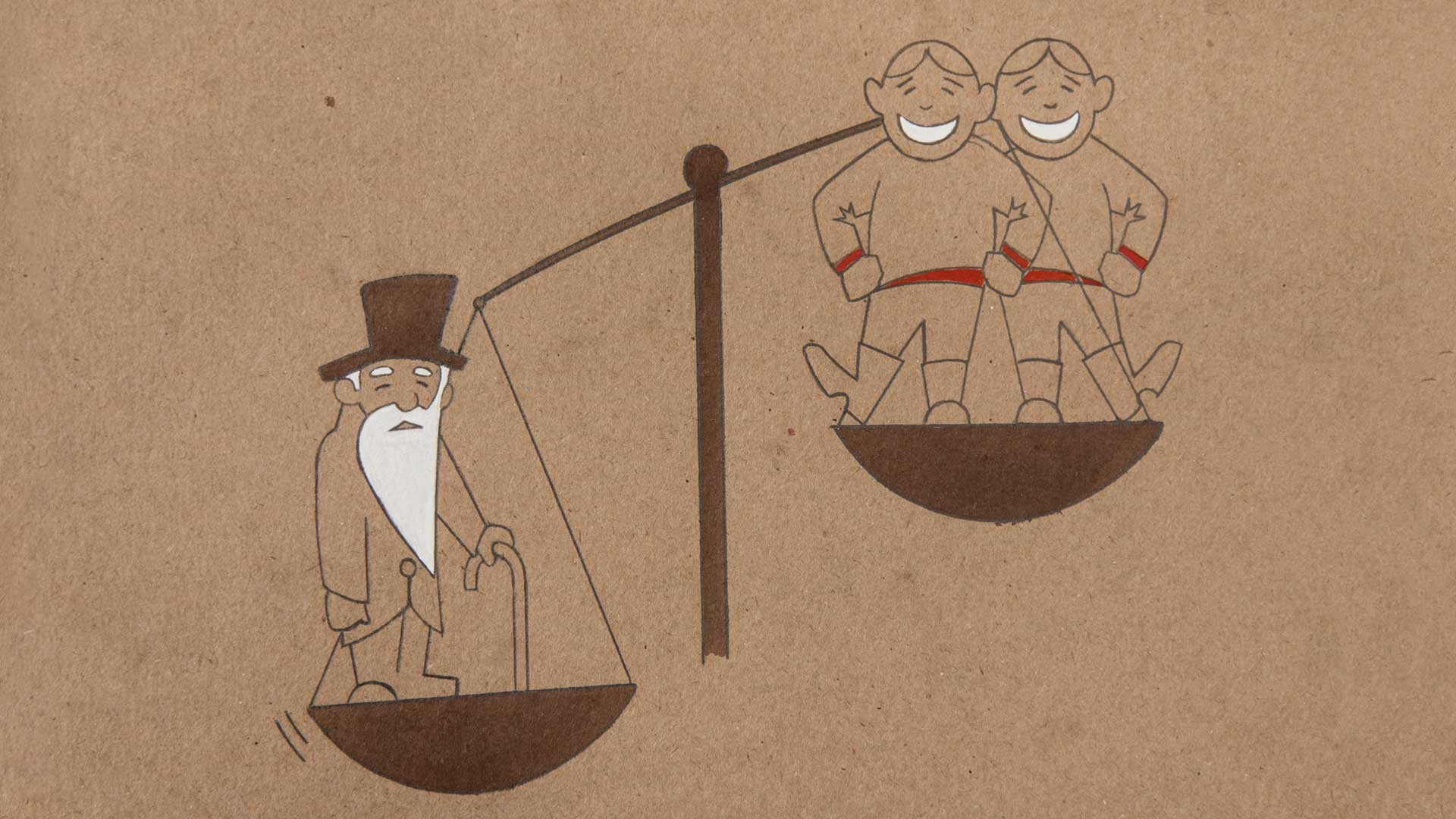
Старый друг лучше новых двух (Stary drug luchshe novykh dvukh).
English equivalent: “Old friends and old wine are best.”
Another common phrase is: “You shouldn’t have 100
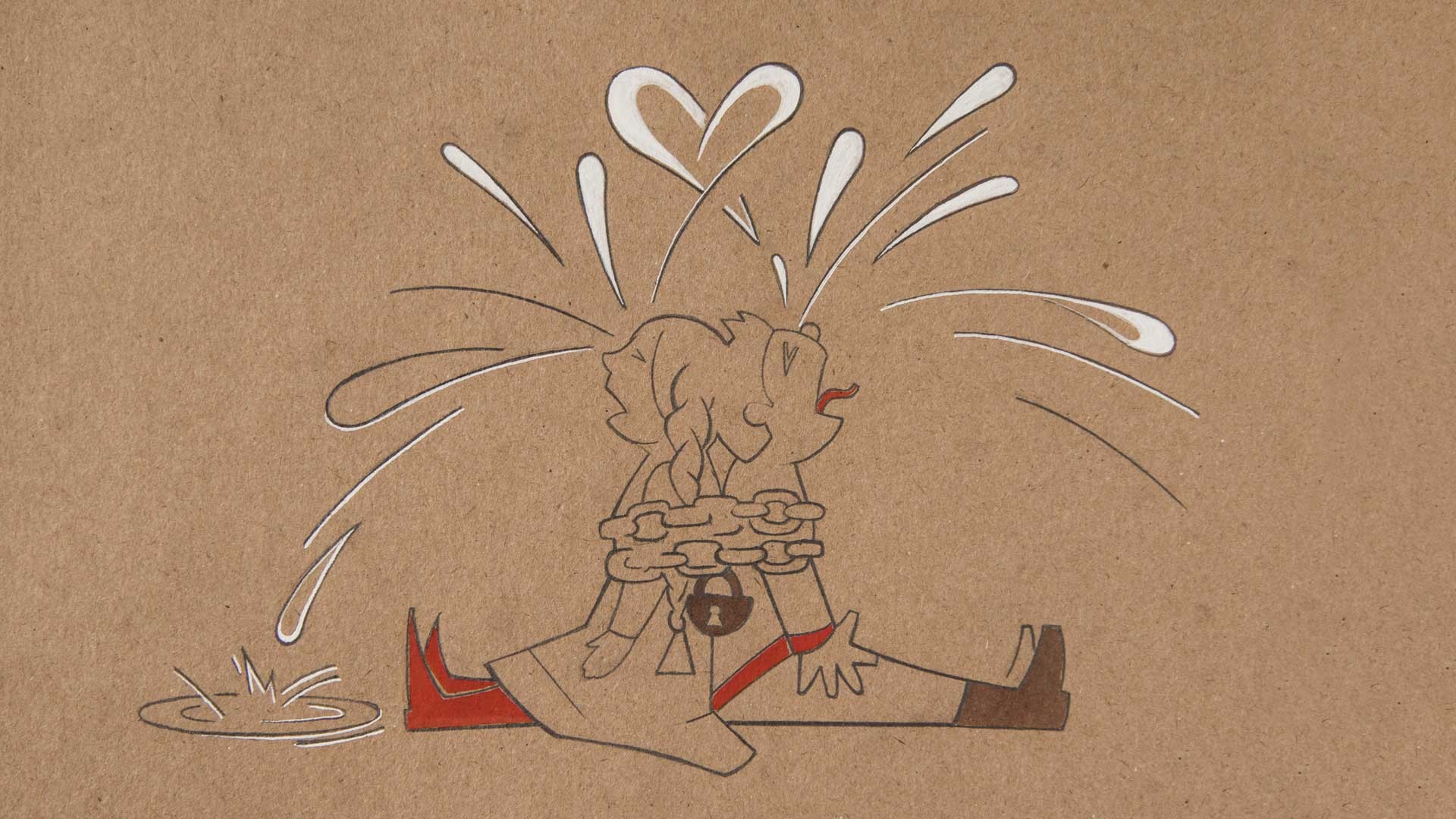
Стерпится, слюбится (Sterpitsya, slyubitsya)
English equivalent: “Marry first and love will follow.”
The word “слюбится” is only used in this idiom, and nowhere else. The Russian version doesn’t mention a ‘wedding,’ but before the
This idiom is today popular in other ways, and for example, you can say these words in relation to those new shoes you’re not sure if you like, or about a new little dog at home. But be sure, love will follow.
If using any of Russia Beyond's content, partly or in full, always provide an active hyperlink to the original material.
Subscribe
to our newsletter!
Get the week's best stories straight to your inbox